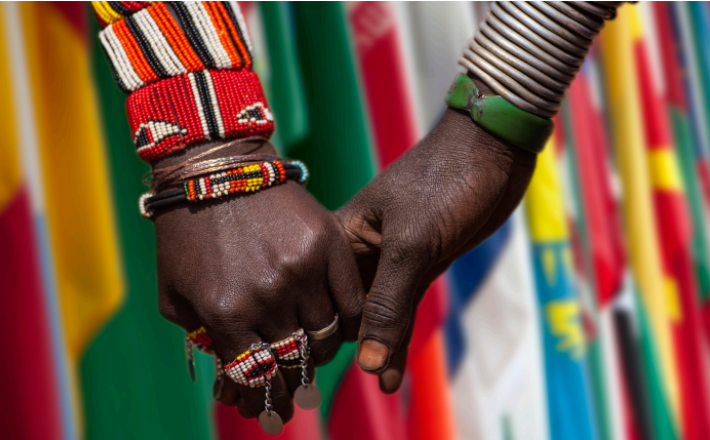Global Parliamentary Conference 2015
The Global Parliamentary Conference (GPC) is the Parliamentary Network’s flagship event co-organised by the Parliamentary Network on the World Bank & IMF (PN), World Bank Group (WBG), and International Monetary Fund (IMF), providing parliamentarians, members of civil society, and international organizations the opportunity to interact with senior representatives from the World Bank and the International Monetary Fund. The Annual Conference serves as an informative meeting point for lawmakers and development institutions, an occasion for Members of the PN to highlight objectives for the coming years, and a place to elect new Members to the Board, when applicable. This year’s GPC took place from 12-13 April 2015 in Washington, D.C. In light of the 2015 Year of Development, the themes of this year’s conference consisted of: financing for development in attaining the Sustainable Development Goals (SDGs); improving healthcare systems and emergency responses; gender equality and women’s rights in the post-2015 agenda; current global and regional challenges of unemployment and inequality; global and local environmental sustainability; and building more open, effective, and accountable institutions. The GPC sought to define the role for MPs in building political will to tackle these themes and help create solutions to the most-pressing development challenges of our time. Further, the 2015 GPC hosted a special question and answer session with the leadership of the World Bank Group & IMF, President Jim Yong Kim and Managing Director Christine Lagarde. The Conference resulted in key policy recommendations deriving from both parliamentarians and representatives from the World Bank & IMF. Further, valuable discussions on sustainable development and goals for the future were weighed, presented, and analysed. The key areas and takeaways are listed below:
- Increase Parliamentarians’ and participants’ knowledge of the themes discussed;
- Underline Parliamentarians’ roles in identifying and improving development success in their respective countries; and
- Investigate how international partners such as the World Bank Group and IMF can support them in this task.

The Global Parliamentary Conference (GPC) is the Parliamentary Network’s flagship event co-organised by the Parliamentary Network on the World Bank & IMF (PN), World Bank Group (WBG), and International Monetary Fund (IMF), providing parliamentarians, members of civil society, and international organizations the opportunity to interact with senior representatives from the World Bank and the International Monetary Fund. The Annual Conference serves as an informative meeting point for lawmakers and development institutions, an occasion for Members of the PN to highlight objectives for the coming years, and a place to elect new Members to the Board, when applicable. This year’s GPC took place from 12-13 April 2015 in Washington, D.C. In light of the 2015 Year of Development, the themes of this year’s conference consisted of: financing for development in attaining the Sustainable Development Goals (SDGs); improving healthcare systems and emergency responses; gender equality and women’s rights in the post-2015 agenda; current global and regional challenges of unemployment and inequality; global and local environmental sustainability; and building more open, effective, and accountable institutions. The GPC sought to define the role for MPs in building political will to tackle these themes and help create solutions to the most-pressing development challenges of our time. Further, the 2015 GPC hosted a special question and answer session with the leadership of the World Bank Group & IMF, President Jim Yong Kim and Managing Director Christine Lagarde. The Conference resulted in key policy recommendations deriving from both parliamentarians and representatives from the World Bank & IMF. Further, valuable discussions on sustainable development and goals for the future were weighed, presented, and analysed. The key areas and takeaways are listed below:
- Increase Parliamentarians’ and participants’ knowledge of the themes discussed;
- Underline Parliamentarians’ roles in identifying and improving development success in their respective countries; and
- Investigate how international partners such as the World Bank Group and IMF can support them in this task.